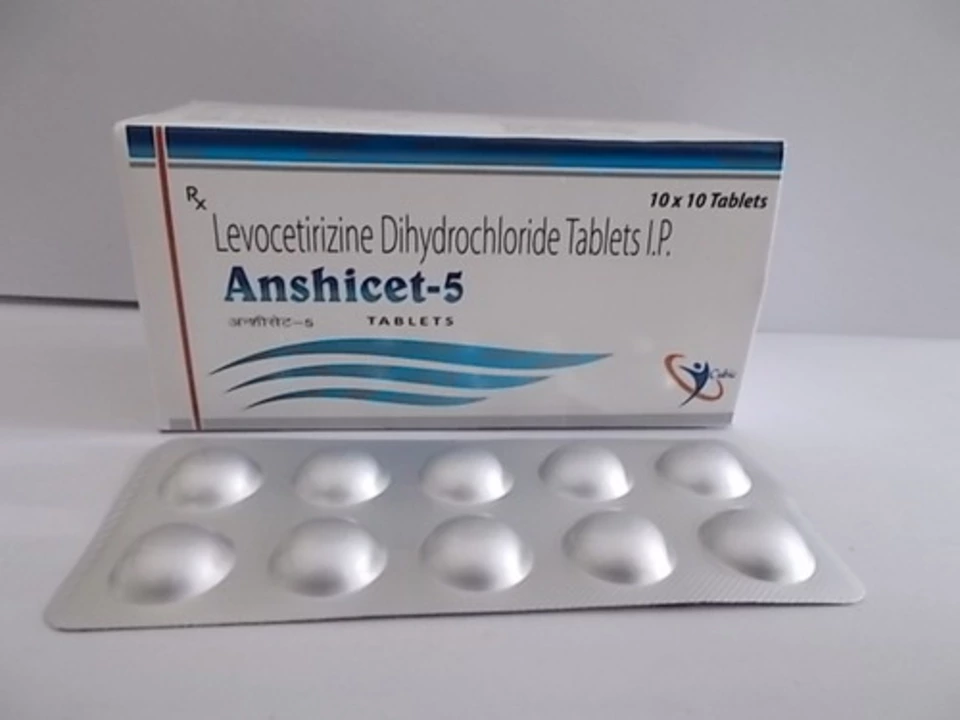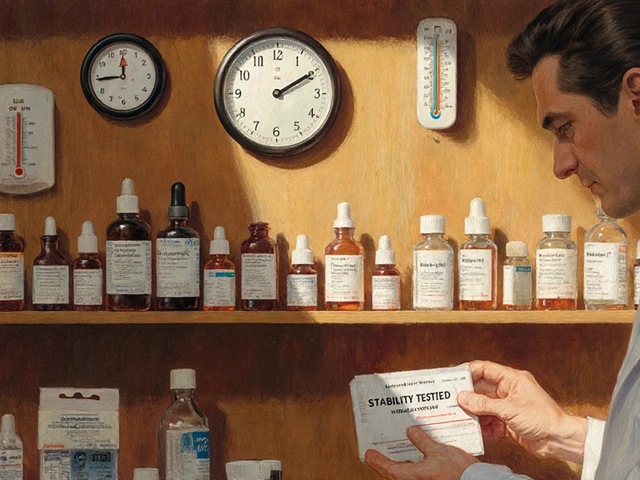Allergy Sufferers: Simple Steps to Feel Better Fast
If allergies are ruining your days, you want clear, practical help — not vague promises. Start by knowing what triggers you: pollen, dust mites, pets, mold or foods. Use a short notebook or phone notes for a week to track when symptoms spike and what you were exposed to. That one habit often points straight to the main culprit.
Timing matters. For seasonal pollen, check the daily pollen count and take daily antihistamines before symptoms peak — usually in the morning during high pollen season. Non-drowsy options like loratadine (Claritin) or fexofenadine (Allegra) work well for many people. Cetirizine (Zyrtec) helps too but may cause mild drowsiness in some. If OTC antihistamines don't control sneezing, runny nose, or itchy eyes, nasal steroid sprays such as fluticasone (Flonase) reduce inflammation but need a few days to reach full effect.
Quick home fixes that actually help
Rinse with saline nasal spray twice daily to wash out pollen and reduce irritation. Shower and change clothes after being outside to keep pollen off bedding. Use a HEPA filter in your bedroom and wash sheets weekly in hot water to kill dust mites. Keep humidity around 40% to limit mold growth. Wear sunglasses outdoors to protect your eyes, and consider a wide-brim hat to keep pollen off your hair and face.
When meds aren’t enough
If symptoms persist despite antihistamines and nasal steroids, ask your doctor about prescription options. A short course of oral steroids can help severe flares, and prescription antihistamines or combined inhaled treatments may offer relief. Allergy shots (immunotherapy) or sublingual tablets are proven options for long-term reduction of sensitivity to specific allergens. Talk to an allergist about testing to identify precise triggers — that makes targeted treatment possible.
Be careful buying meds online: choose pharmacies with clear contact info, require a prescription where appropriate, and show secure payment methods. Our site reviews several online pharmacies and explains red flags to avoid. Keep an eye on side effects — antihistamines can interact with alcohol and certain medications, and nasal steroids can cause nose dryness or small nosebleeds in some people.
Small lifestyle tweaks make a big difference. Close windows during high pollen times, run the A/C with a clean filter, and keep pets out of the bedroom. If you travel, pack a week’s supply of your meds and a copy of prescriptions. Finally, don’t ignore worsening symptoms like wheeze, chest tightness, or recurring infections. Those are signs to see a doctor quickly.
Use practical tracking, smart daily habits, and the right mix of OTC or prescription meds to get control back. You don’t have to suffer through allergy season — a few targeted changes often lead to noticeable relief.
Quick checklist: take your antihistamine daily during allergy season, use a nasal steroid for congestion, rinse with saline twice daily, shower after outdoor activities, run a HEPA filter at night, see an allergist if symptoms limit your life, and carry an emergency inhaler if you have asthma or severe reactions.

The Pros and Cons of Levocetirizine for Allergy Sufferers
As an allergy sufferer myself, I've been exploring the pros and cons of Levocetirizine. On the positive side, this antihistamine can provide quick relief from sneezing, itching, and watery eyes, as well as effectively treating hives. However, there are a few downsides, such as drowsiness, dry mouth, and potential interactions with other medications. Overall, while Levocetirizine can be an effective treatment for allergy symptoms, it's essential to be aware of its potential side effects and discuss them with your healthcare provider. Remember, always consult a doctor before starting any new medication.
Health and WellnessLatest Posts
Tags
- online pharmacy
- medication safety
- generic drugs
- medication
- dietary supplement
- side effects
- online pharmacy UK
- drug interactions
- mental health
- impact
- online pharmacies
- statin side effects
- dosage
- generic vs brand
- pediatric antibiotics
- antibiotic side effects
- skin health
- health
- pain relief
- dietary supplements




